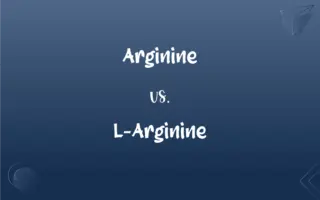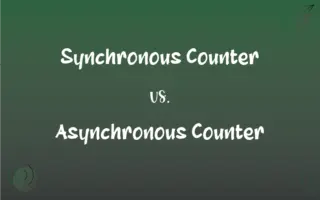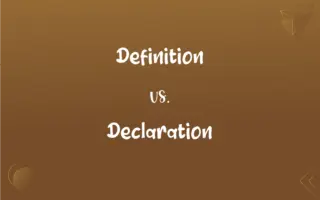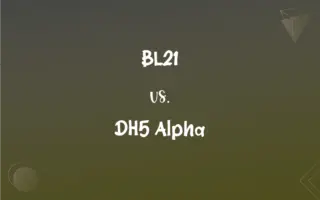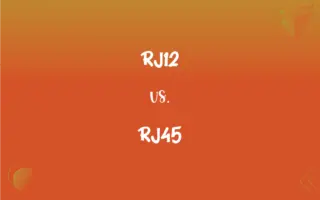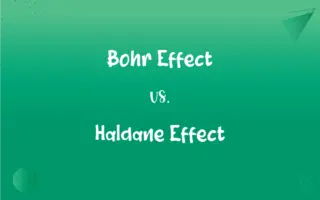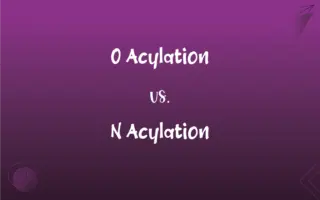Semiotics vs. Semantics: What's the Difference?
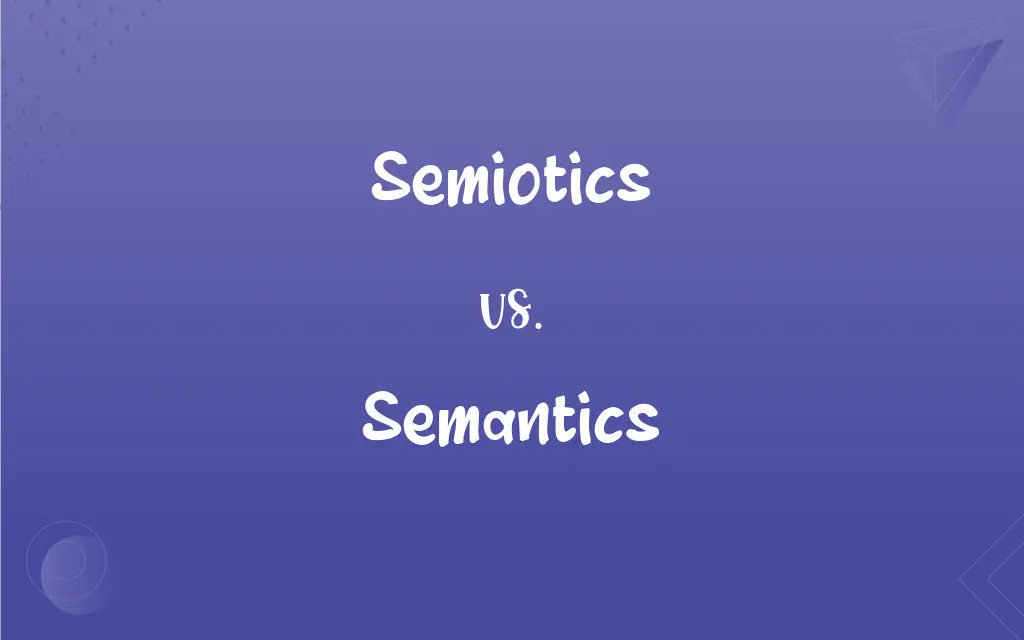
Semiotics and Semantics Definitions
Semiotics
The theory and study of signs and symbols, especially as elements of language or other systems of communication, and comprising semantics, syntactics, and pragmatics.
Semantics
The study or science of meaning in language.
Semiotics
The study of signs and symbols, especially as means of language or communication.
Social science
Semantics
The competence of a speaker with regard to the interpretation of the meaning of linguistic structures.
Semiotics
(dated) The study of medical signs and symptoms; symptomatology.
ADVERTISEMENT
Semantics
The study of relationships between signs and symbols and what they represent. Also called semasiology.
Semiotics
Same as Semeiotics.
Semantics
The meaning or the interpretation of a word, sentence, or other language form
We're basically agreed.
Let's not quibble over semantics.
Semiotics
(philosophy) a philosophical theory of the functions of signs and symbols
Semantics
(linguistics) A branch of linguistics studying the meaning of words.
Semantics is a foundation of lexicography.
ADVERTISEMENT
Semantics
The study of the relationship between words and their meanings.
Semantics
The individual meanings of words, as opposed to the overall meaning of a passage.
The semantics of the terms used are debatable.
The semantics of a single preposition is a dissertation in itself.
Semantics
(computer science) The meaning of computer language constructs, in contrast to their form or syntax.
File sharing and locking semantics
Semantics
The study of the meanings of words and of the sense development of words; - formerly called semasiology.
Semantics
A doctrine and philosophical approach to language and its relationship to thought and behavior, developed by Alfred Korzybski (1879-1950), which holds that the capacity to express ideas and thereby improve one's interaction with others and one's environment is enhanced by training in the more critical use of words and other symbols; - also called general semantics.
Semantics
The meanings of words as they are used to achieve an effect; especially, the multiple meanings of words or the multiplicity of words having the same meaning; - used in referring to the confusion that can be caused (intentionally or unintentionally) by multiple meanings; as, there's no real difference, it's only a matter of semantics.
Semantics
The study of language meaning

























